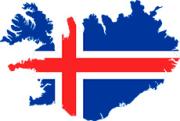
Category:
Time:
There is an increasing pressure on our planet to deliver food to a growing population. The demand for dairy products is expected to increase with more than 60% from 2007 to 2050, and sustainable production is more important than ever. In the Global Dairy Agenda of Action (GDAA), signed in 2009, the dairy industry committed to reduce greenhouse gas emissions and strive to implement a more sustainable production. As an outcome of this commitment, the Dairy Sustainability Framework (DSF) has been developed to enable the GDAA to take a holistic approach to sustainability, focusing on eleven key areas covering the entire value chain: Greenhouse gas emissions, soil nutrients, waste, water, soil, biodiversity, market development, rural economies, working conditions, product safety & quality and animal care. This allows the dairy sector to establish a common sustainability commitment that can be expressed at a global level, but also at regional, national and organizational levels.
Arla Foods is a member of the DSF and is dedicated to work on solving the sustainability challenges facing the dairy sector. As one of the first food companies, Arla Foods has assessed the environmental impacts from its entire value chain based on the Environmental Profit and Loss methodology, also known as Natural Capital Accounting. The method combines the use of physical data and monetary flows that are translated into environmental impacts, hence no cut-offs. Environmental impacts are then expressed in monetary units. The study confirms that the farm level represents the largest share of the environmental burden, followed by the consumer stage. Most significant impact categories include contribution to global warming, respiratory inorganics, nature occupation and fossil energy use. The method can be a valuable tool providing a scientific basis for strategic decisions and prioritizing efforts going forward.There is an increasing pressure on our planet to deliver food to a growing population. The demand for dairy products is expected to increase with more than 60% from 2007 to 2050, and sustainable production is more important than ever. In the Global Dairy Agenda of Action (GDAA), signed in 2009, the dairy industry committed to reduce greenhouse gas emissions and strive to implement a more sustainable production. As an outcome of this commitment, the Dairy Sustainability Framework (DSF) has been developed to enable the GDAA to take a holistic approach to sustainability, focusing on eleven key areas covering the entire value chain: Greenhouse gas emissions, soil nutrients, waste, water, soil, biodiversity, market development, rural economies, working conditions, product safety & quality and animal care. This allows the dairy sector to establish a common sustainability commitment that can be expressed at a global level, but also at regional, national and organizational levels.
Arla Foods is a member of the DSF and is dedicated to work on solving the sustainability challenges facing the dairy sector. As one of the first food companies, Arla Foods has assessed the environmental impacts from its entire value chain based on the Environmental Profit and Loss methodology, also known as Natural Capital Accounting. The method combines the use of physical data and monetary flows that are translated into environmental impacts, hence no cut-offs. Environmental impacts are then expressed in monetary units. The study confirms that the farm level represents the largest share of the environmental burden, followed by the consumer stage. Most significant impact categories include contribution to global warming, respiratory inorganics, nature occupation and fossil energy use. The method can be a valuable tool providing a scientific basis for strategic decisions and prioritizing efforts going forward.
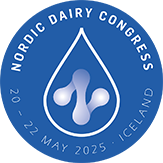







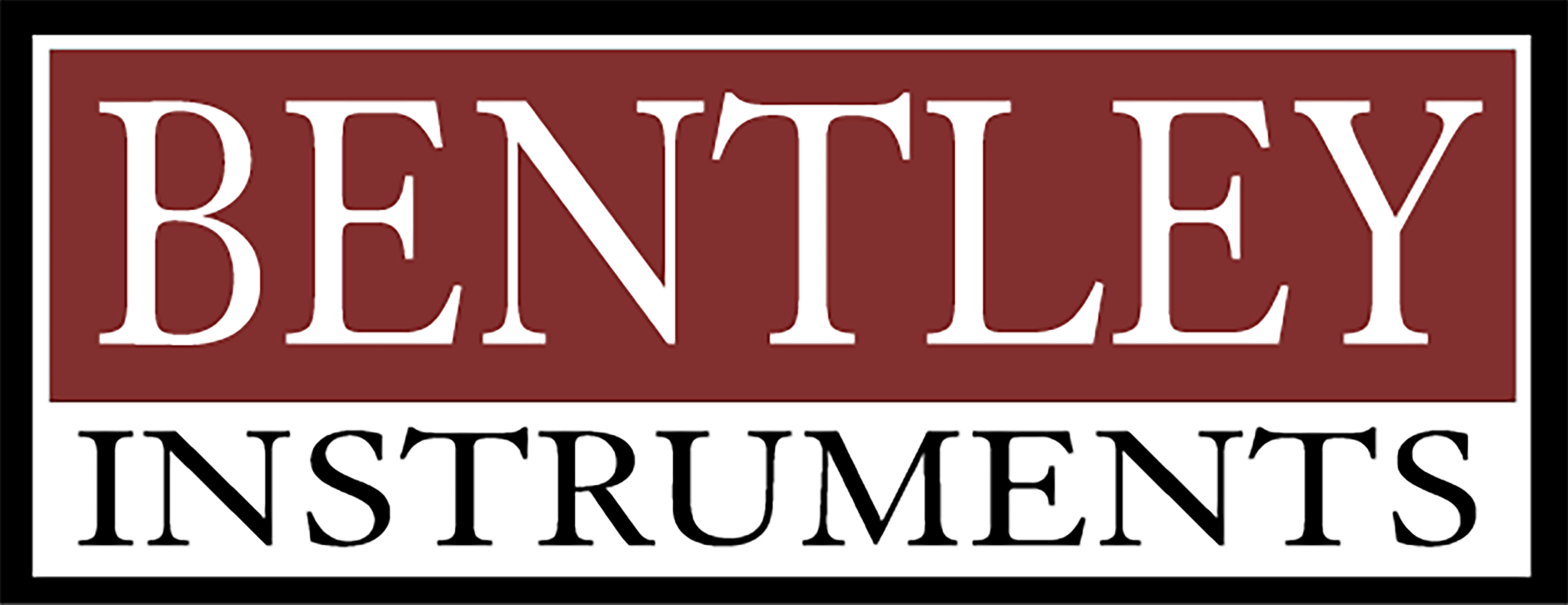




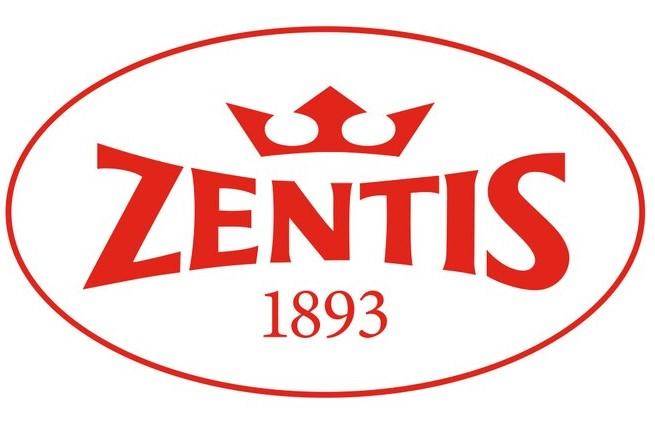
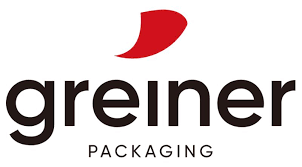
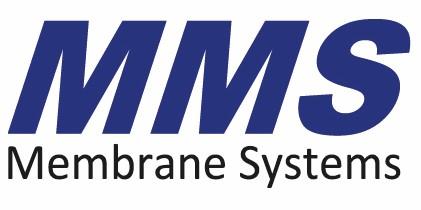


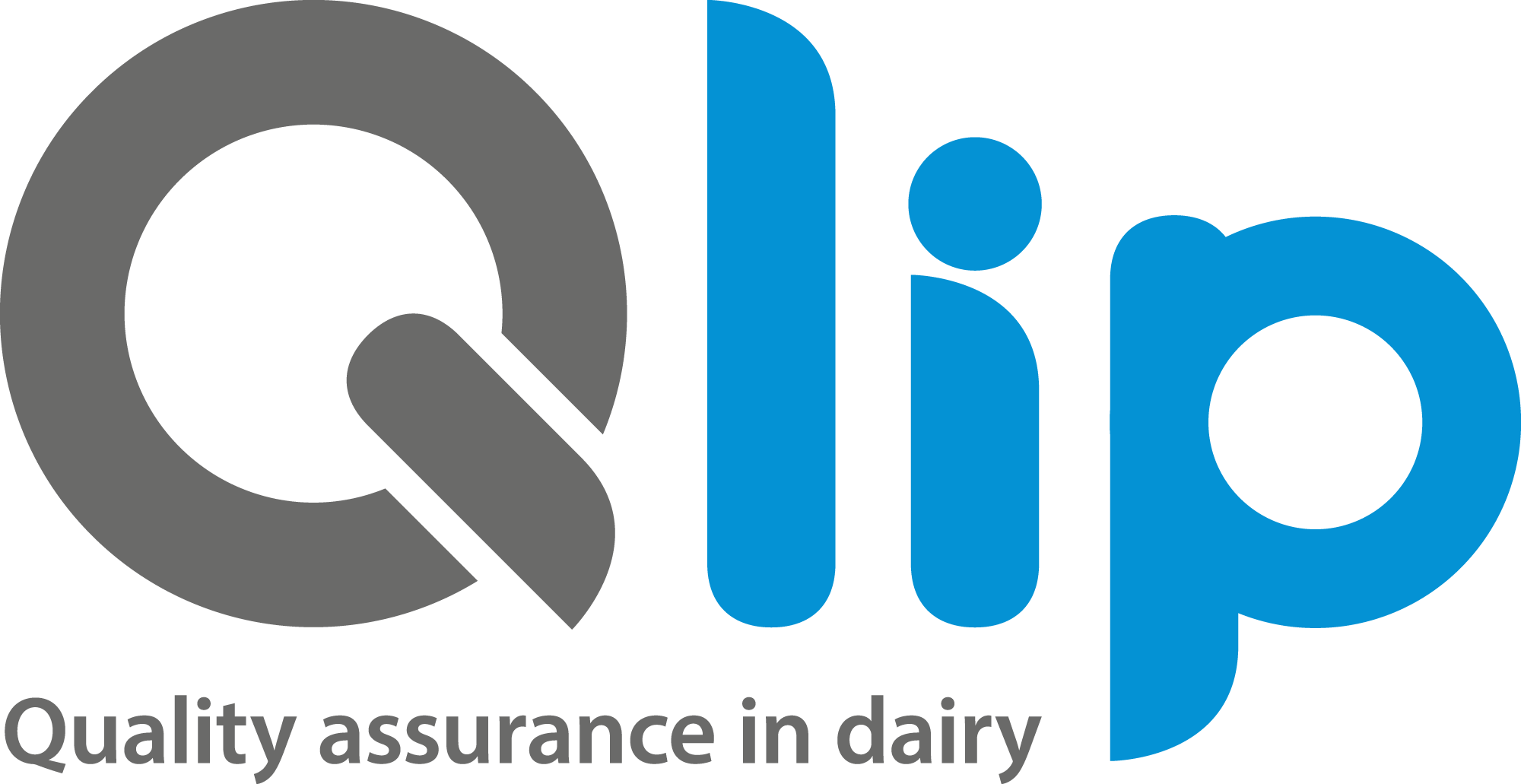
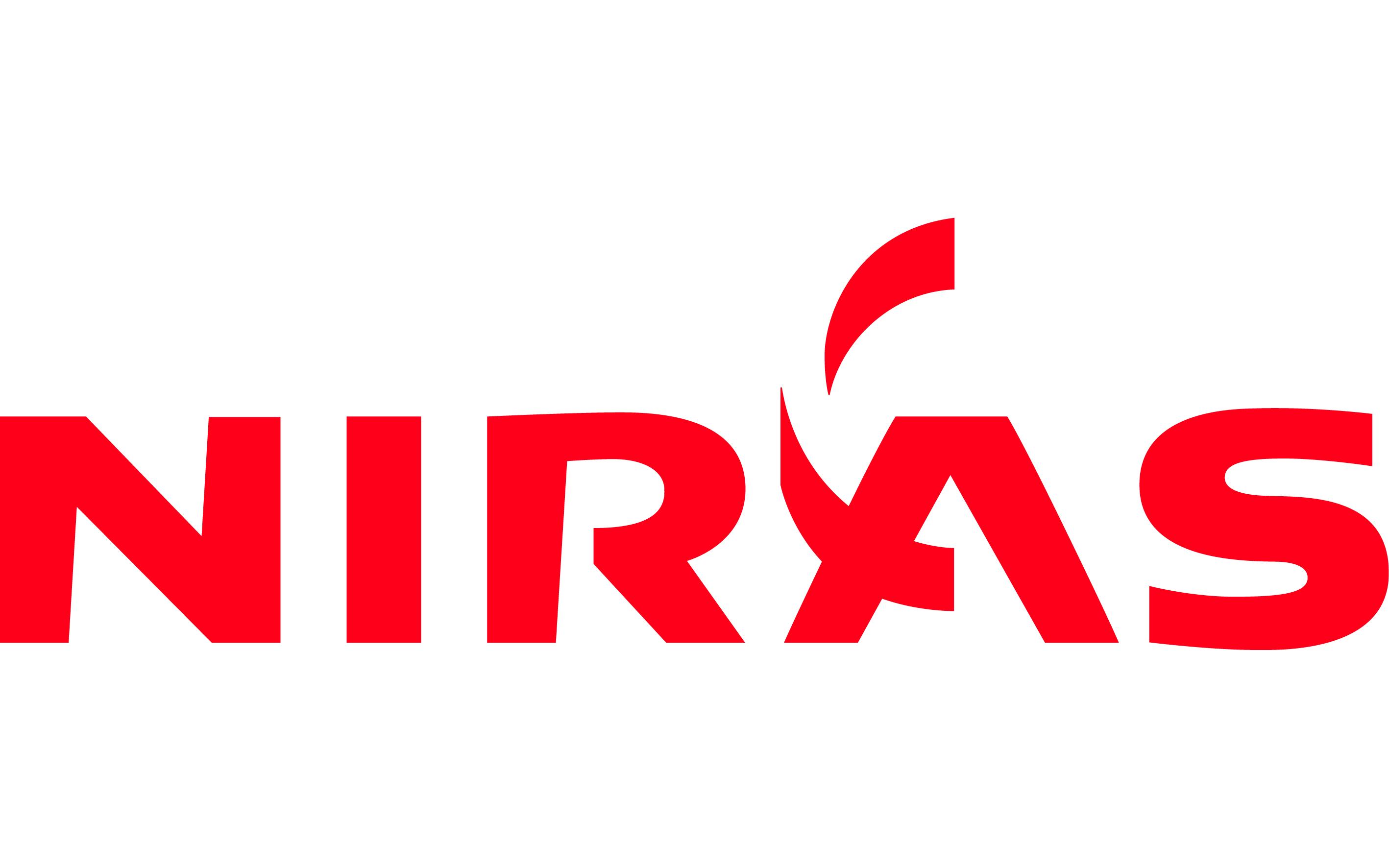
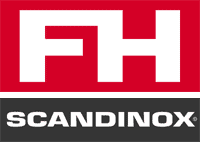

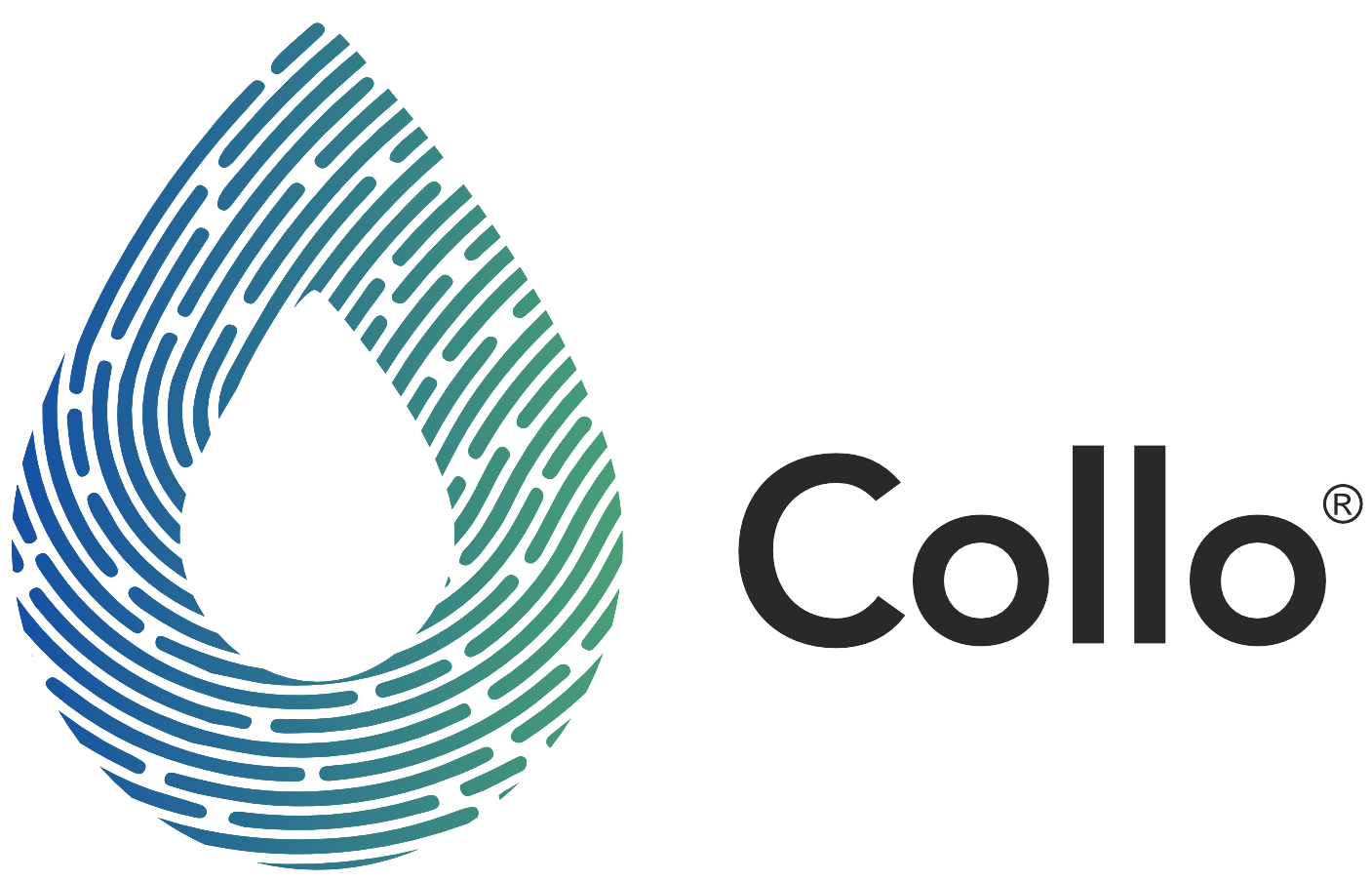
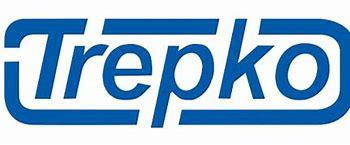




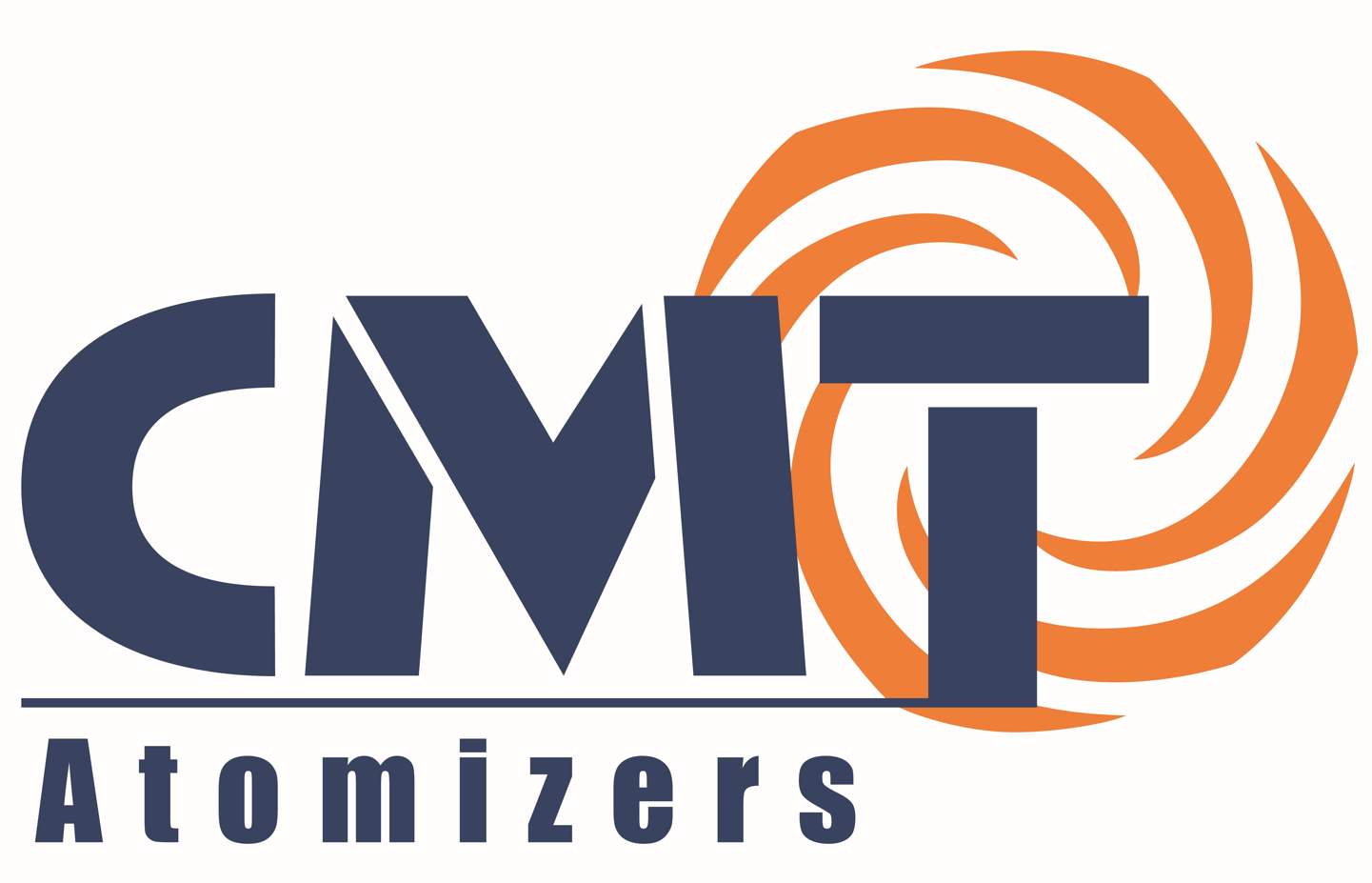
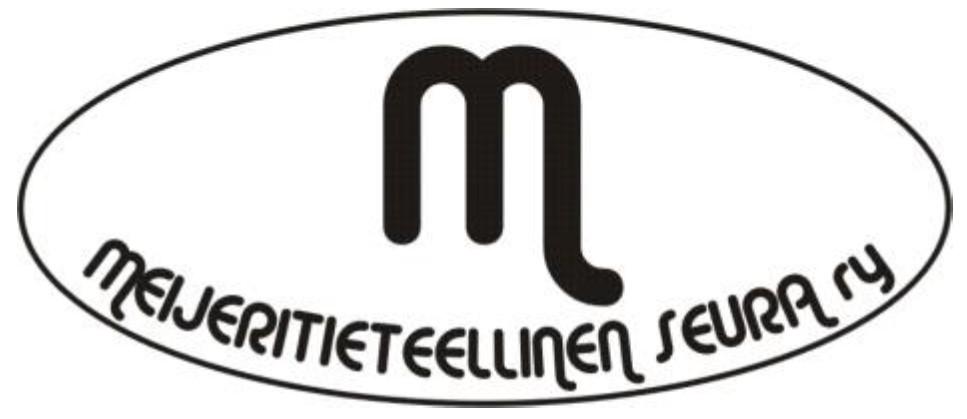
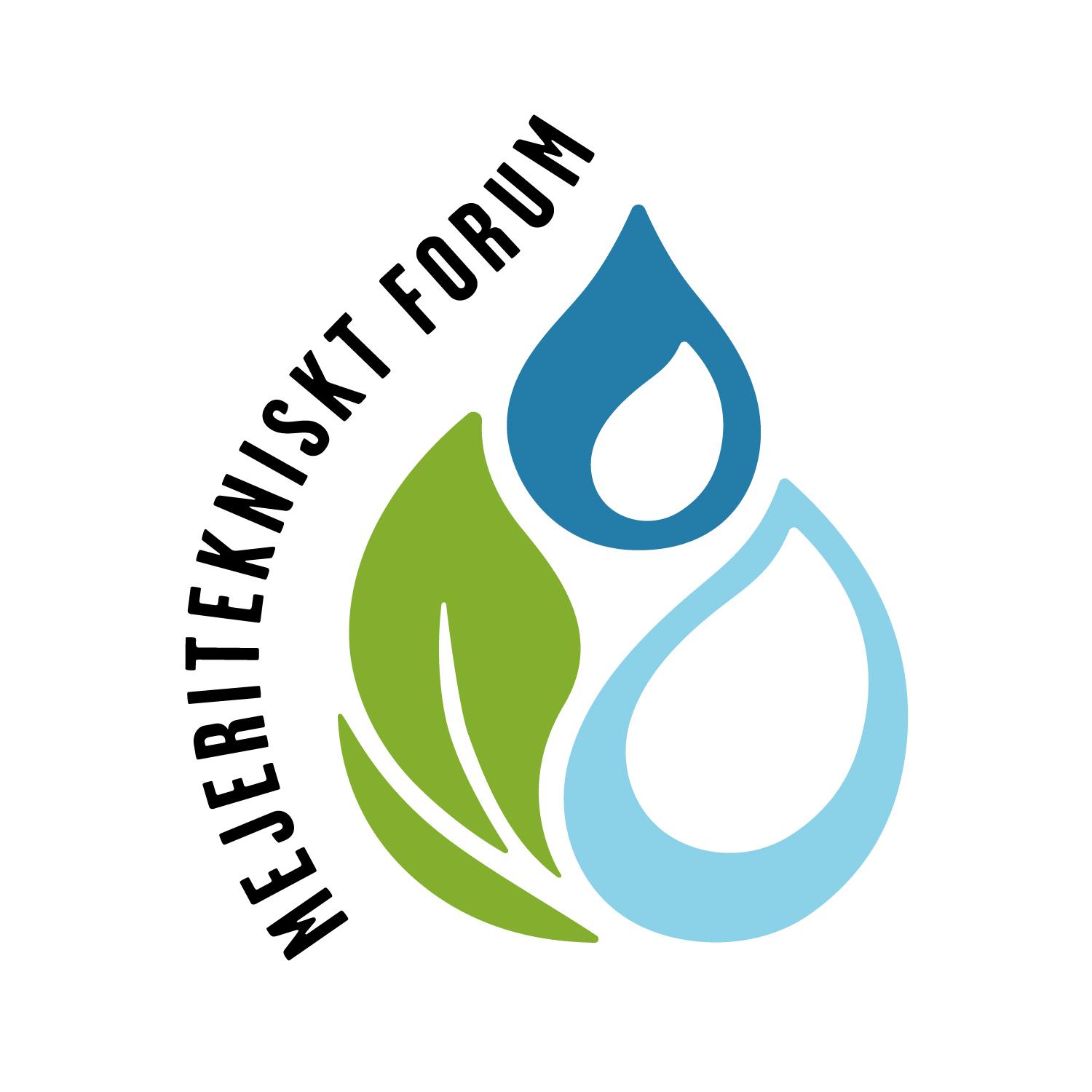
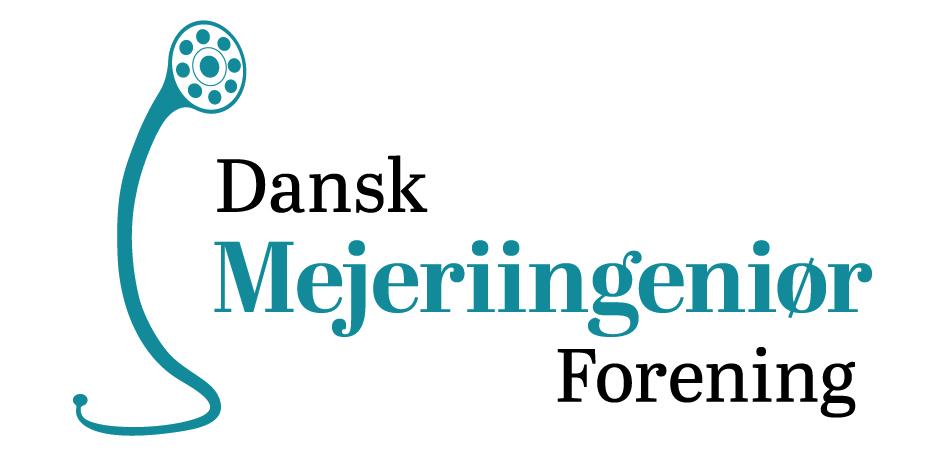
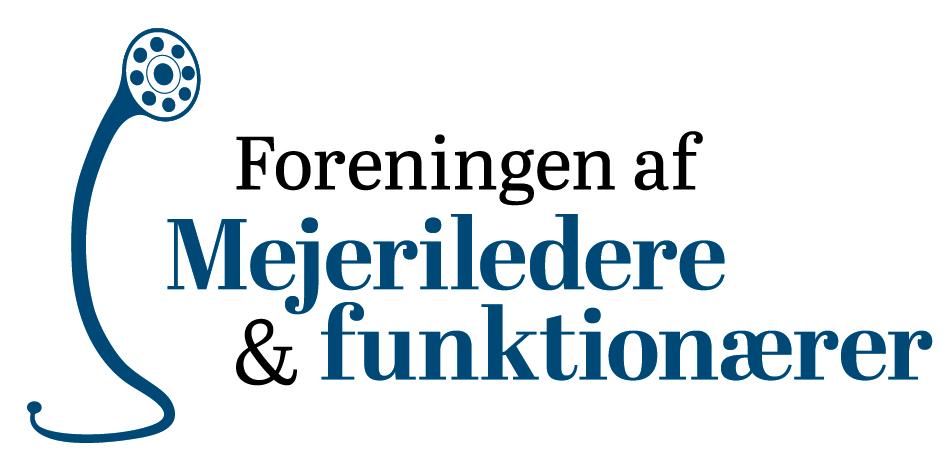



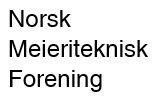
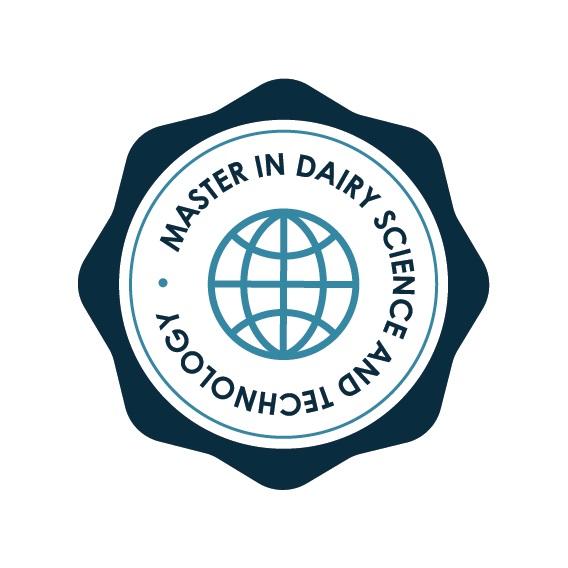
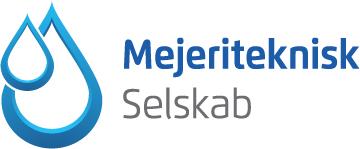

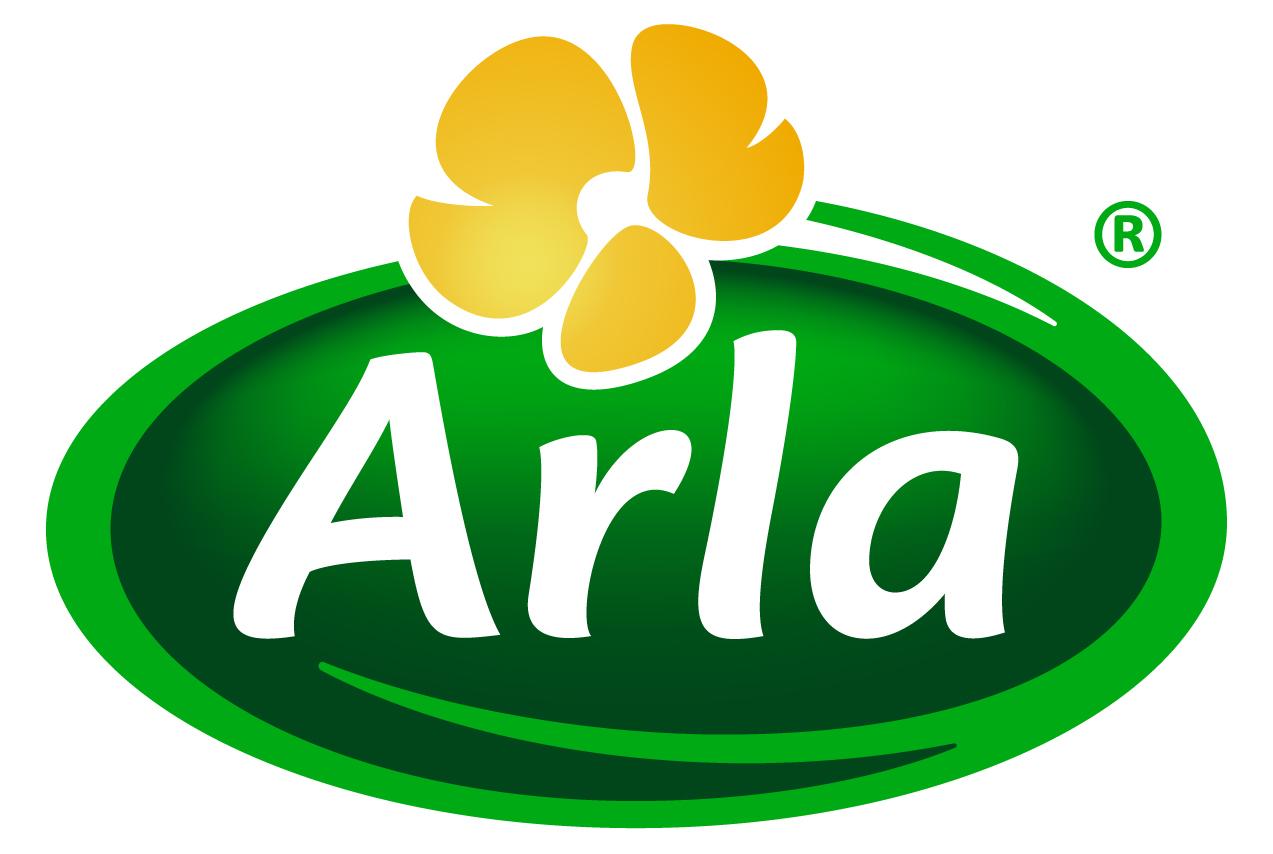

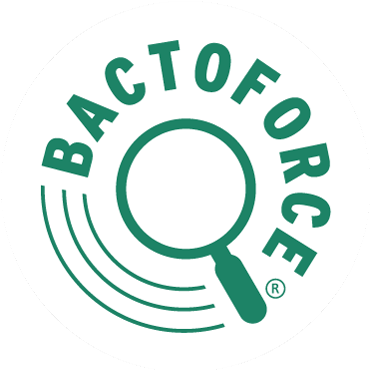

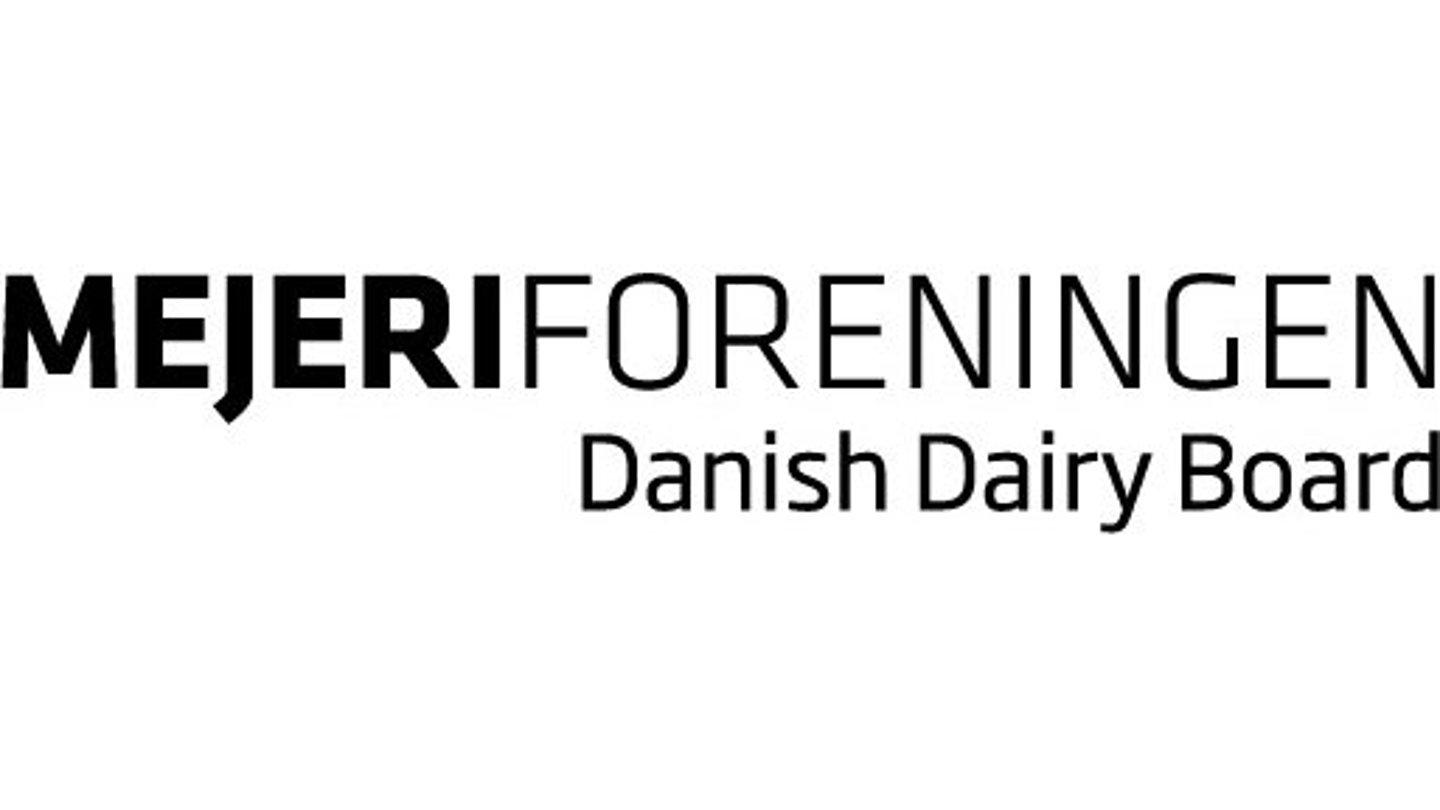
 Munkehatten 28
Munkehatten 28